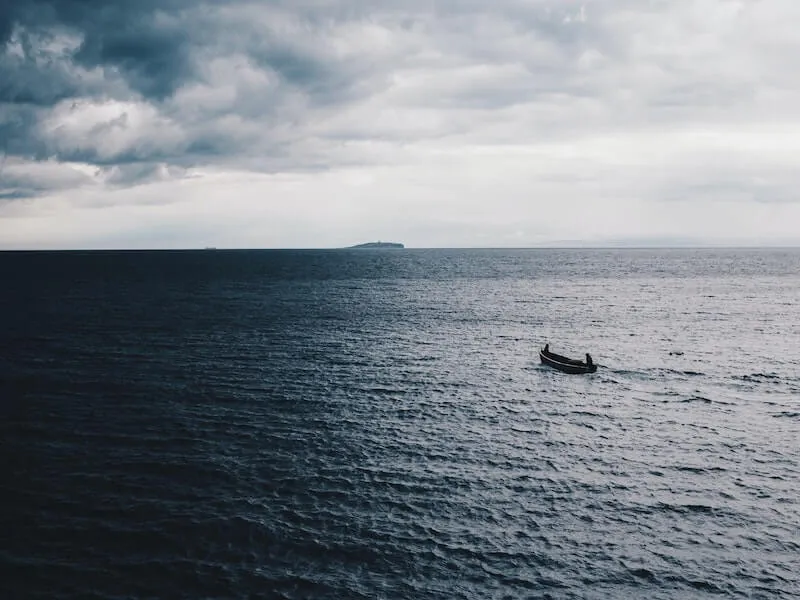The science of fishing

Barometers measure air pressure, which indicates weather conditions in the short term. Barometric pressure measures the weight of the atmosphere as it presses down on everything on Earth. It is one of the measurements fishers consider, because if affects fish.
Air pressure affects a fish’s swim bladder. Its swim bladder is a gas-filled sack that helps it to stay neutrally buoyant. When the air pressure changes, a fish can feel this because it changes the pressure on its bladder.
A low-pressure system indicates the air is at a lower pressure than the air in the surrounding area. This happens when warm air rises, reducing the pressure in an area. You’ve probably noticed that often there are clouds and rain associated with low-pressure systems, because as the warm air rises, it cools, forming cloud droplets.
A high-pressure system is the opposite. It occurs when the air is at a higher pressure than the surrounding area. High-pressure systems indicate sinking air, which inhibits cloud formation and so are associated with fine weather.
The effect that pressure has on a fish’s swim bladder is explained effectively in this video. It follows the rule that when you increase the pressure on a gas, the volume decreases. Conversely, when you decrease the pressure on a gas, the volume increases. There is always the same number of particles of the gas present, but the space between the atoms and molecules that make up the gas has been decreased or increased as the volume changes.
When a high-pressure system causes air pressure to become greater, fish will sink deeper into the water, as their swim bladders contract slightly. Fish are comfortable during a high-pressure system and may continue to swim around closer to the top of the water.
However, when a low-pressure system reduces the pressure, the fish’s swim bladder will expand slightly. With more volume in their bladder, fish would naturally be more buoyant and rise closer to the surface. But having the bladder expand is uncomfortable for the fish, so to counteract the low pressure they swim deeper into the water, as the is water pressure increases the deeper they go. During low-pressure systems, the fish are therefore deeper and less active, which is not the best time to go fishing.
The switch between a stable atmosphere with a high-pressure system and a low-pressure system where it may rain is known as a period of falling pressure. During this time, fishing can be quite good. To us, this change in pressure system is barely perceptible to most people, other than it looking like clear weather turning to overcast weather and possible storms.
But fish are very sensitive compared with humans and they can tell when a low-pressure period is coming (some people are sensitive to a change in pressure, too, as it can affect their joints or sinuses). Fish also understand that they will be more uncomfortable during this low-pressure system and that they will have to swim much deeper, so they go into a feeding frenzy to prepare for this and are very active. This can be a time when fishing is good.
Of course, pressure isn’t the only factor to consider when fishing. There’s also the tide, current, water temperature, time of year and other influences on whether they’ll be biting.
Date Posted:
March 19, 2021
